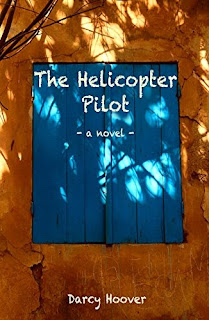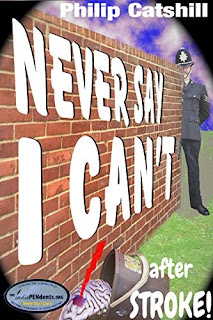Memory Factory: Heist of the Century- Russ Golish

Golish has produced a technically well-written science fiction, based on near future power politics and warfare. The twist with a difference is the medical enhancement of two rival leaders brain function; enhancements that has been compromised by the Perfect Recall team for a third superpower. Doctored memories are replayed in the protagonists’ minds, upsetting mental balance and so altering tactical decisions. One is eventually driven to a mental and physical breakdown, but only after his has ruined any chance of military success. We are in a post polar ice-caped world, which has managed to maintain current levels of technology, but at great cost to humanity. The world is in power blocks based on existing geo-political realities, projected forward through the growing climate and general environmental crisis. The blocks are in an almost constant state of military rivalry that breaks out into regional war. The book has very much a male mindset, relying to a high degree on the esca...





